A Bharatiya Janata Party (BJP) spokesperson has reportedly issued a death threat to Rahul Gandhi during a debate on television. The Union Home Ministry has allegedly taken no immediate action even after the opposition Congress party wrote to the Home Minister. The incident marks a sharp decline in the country’s political standards.
The Bharatiya Janata Party (BJP) sought the removal of nearly 80,000 Muslim voters from Bihar’s Dhaka constituency electoral roll by claiming they were not Indian citizens, according to an investigative report by The Reporters’ Collective. The claim was made through formal submissions to election authorities during the state’s Summary Intensive Revision (SIR) of voter lists.
Closer attention to what happened in Nepal suggests that the government did not fall solely because of the Gen Z protests, but because of the chain of events they triggered. It is crucial for Gen Z movements elsewhere to understand the role Nepal’s youth played in the change, so that their hopes are not misplaced and their decisions not misguided. The story also carries lessons for governments around the world.
Four young people were killed and dozens injured in Leh after police opened fire on youth-led protests during a hunger strike on Dept. 24, demanding statehood and constitutional protection for Ladakh, which sits at India’s Himalayan frontier, bordering China. The violence shows a serious failure of governance, where the central government’s refusal to meaningfully engage with six years of peaceful demands has now led to the breakdown of non-violent civic mobilisation.
The U.S. has introduced a $100,000 fee for every H-1B visa, making it far too costly for most companies to hire Indian professionals. This puts at risk the kinds of jobs that once built careers, brought in foreign income and helped Indian firms deliver global projects. So, what we see here is that India has spent years building a workforce geared for international jobs, yet access to those jobs still depends on rules set by other countries. Could India have done more to prepare for this?
The Supreme Court has agreed to examine whether several individuals accused in the 2020 Delhi riots “conspiracy” case, including Sharjeel Imam and Umar Khalid, who have been in jail for over three years, should be granted bail. The Court will examine how the right to liberty should be upheld in the face of serious criminal allegations, especially under laws like the UAPA that impose strict limits on bail.
The Uttar Pradesh government has issued a directive banning caste-based political rallies, describing it as a step to preserve national unity and public order. However, the measure restricts democratic rights for communities that depend on public assembly to resist caste discrimination. It also represents a significant expansion of state power in ways that appear aligned with political interests.
A report released by the Comptroller and Auditor General (CAG) shows that India’s states have accumulated around 60 trillion (60 lakh crore) rupees in debt by 2022–23, more than three times what they owed a decade ago. It shows that many states are no longer borrowing mainly for development, but are now depending on loans just to fund their basic governance.
Two soldiers from the Assam Rifles were killed and five others injured in an ambush by armed attackers on Sept. 19 as their convoy was passing through a crowded area in Manipur’s Bishnupur district, which had recently lost its designation under the Armed Forces Special Powers Act (AFSPA). The incident has exposed serious flaws in how security laws have been withdrawn from conflict-hit parts of the state.
Nepal’s Gen Z recently led nationwide protests sparked by a ban on social media but driven by anger at corruption, nepotism and authoritarianism. The slogan “Nepo Kid” helped mobilise young people to reject inherited privilege and dynastic politics. Now that the government has been overthrown, the movement cannot remain defined only by what it opposes. It must advance a constructive agenda. One way forward is to move from “Nepo Kid” to “Every Kid Matters,” making inclusion a central demand. It is essential because the contrast between elite children and ordinary children will remain hollow unless the inequalities among ordinary children are addressed first.
On Sept. 10, an Instagram conversation with a young boy led me into a disturbing digital ecosystem where violent sexual content circulates freely. I now fear that a generation of boys may grow up normalising harmful sexual behaviour and misogyny.
Nepal has recently toppled its government, the fourth such event since 1950. What matters now is recognising that these recurring storms are not caused by failed politicians alone. They come from a “state” that remains unreformed, no matter who holds power. Nepal can end its cycle of revolutions only by reforming the institutions that have blocked reform, protected the powerful and outlasted every elected government.
A government does not survive by force alone, but by the public’s acceptance that it has the right to use force in the first place. Nepal’s government seemed unaware of this basic principle. The little trust that remained, already hanging by a thread, gave way completely on September 8, when police used brutal violence against young protesters. By the time ambulances began arriving with school and college students bleeding from bullet wounds to their heads and chests, the state’s claim to legitimacy was in free fall.
In Nepal, a Gen Z movement recently brought down the government and demanded that Sushila Karki, a former Chief Justice of the country, be appointed interim Prime Minister. Although the Constitution bars anyone who has held that office from becoming head of government, the state agreed. This agreement demonstrated a core idea in political theory that the people, not the written text, are the true source of authority. It also stands as a warning to governments everywhere.
The Supreme Court has temporarily blocked certain parts of the Waqf (Amendment) Act, 2025, a law that governs how Muslim religious and charitable properties are managed in India. The Court’s interim order, delivered on Sept. 14, comes in response to widespread legal challenges from political leaders and Muslim organisations. The judges noted that it is rare for courts to pause the implementation of a law passed by Parliament, and such action is taken only when there is a strong legal basis.
A study by The Lancet medical journal reveals a disturbing trend for India. While most of the world made progress in reducing deaths caused by non-communicable diseases (NCDs), which include diseases linked to lifestyle factors, between 2010 and 2019, India experienced a deterioration in this area compared to the previous decade. That means not only did India fail to reduce deaths as much as before, but in fact, more people were dying from NCDs during this period than should have been the case based on earlier improvements.
Prime Minister Narendra Modi’s visit to Manipur on September 13, more than 28 months after the outbreak of violence, offered development schemes worth over 73 billion rupees (7,300 crore). What he did not offer was the one thing most needed in the state. Justice. This reveals the Centre’s unwillingness to confront the failures of governance that enabled the violence in the first place.
Indian households in large cities and nearby suburbs are feeling the strain of higher food prices even as they adapt in creative ways, according to a report. About six in 10 households can pay their bills and save a little, but roughly four in 10 say they are either barely coping or financially insecure. Food inflation and volatile vegetable prices have made cost of living the top risk Indians see for the coming year.
Prime Minister Modi marked the 75th birthday of Mohan Bhagwat, head of the Rashtriya Swayamsevak Sangh (RSS), with a newspaper tribute calling his tenure the most transformative in the RSS’s 100-year history. This links the authority of the Prime Minister’s office with an unelected ideological group, and therefore raises concerns about political neutrality, ethical conduct and the symbolism of state alignment with a single worldview.
The Rajasthan Assembly passed the Rajasthan Prohibition of Unlawful Conversion of Religion Bill, 2025, on Sept. 9. One of its most troubling features is how it redefines religious conversion, saying that returning to one’s “ancestral religion” is not considered a conversion at all. This definition, also found in similar laws in other states, creates an uneven legal standard that protects some religious identities while exposing others to state scrutiny, criminal charges and harsh punishment.
Nineteen young protesters were killed in Nepal on Sept. 8 after security forces opened fire during demonstrations sparked by the government’s shutdown of major social media platforms. Their deaths have marked a turning point in Nepal’s politics, as a generation that has already seen good governance in action from younger public servants is now rising to remove a ruling class it no longer trusts.
Heavy rains and swelling rivers have unleashed devastating floods across Punjab, leaving 48 people dead and displacing hundreds of thousands. More than 2,050 villages in 23 districts have been inundated, affecting nearly 390,000 (3.9 lakh) residents. Restoring farmland productivity is now the state government’s most urgent task, while the Centre must move quickly to release relief funds.
A video has emerged in which Maharashtra’s Deputy Chief Minister Ajit Pawar is purportedly heard ordering a senior police officer to stop taking action against illegal soil excavation. Pawar’s party has attempted to explain the exchange, but the incident contradicts the constitutional framework that separates political authority from administrative functioning.
A journalist from Nagaland in Northeast India was shot twice during a reporting trip in the neighbouring state of Manipur. The attack came days after a senior political leader in Nagaland publicly rebuked him for airing critical views on the Assam government’s eviction drive.
Nepal’s government has ordered a nationwide shutdown of 26 social media platforms. The move appears aimed at suppressing independent political voices who have demonstrated credible governance and built popular support by engaging directly with citizens online, outside the control of established party structures.
Two contrasting news reports reveal institutional inconsistency in how citizenship rights are identified and protected. A 25-year-old Muslim woman, her husband and child were expelled to Bangladesh from Delhi despite holding multiple documents proving Indian citizenship, while the Ministry of Home Affairs (MHA) exempted undocumented non-Muslim migrants from Pakistan, Afghanistan and Bangladesh from prosecution under immigration laws if they entered India before Dec. 31, 2024.
At least 1,400 people have died and more than 3,100 have been injured in a powerful 6.0-magnitude earthquake that struck northeastern Afghanistan on the night of Aug. 31. The scale of devastation and the lack of timely global support indicate the growing tendency to let geopolitics override humanitarian imperatives.
India’s nationwide rollout of 20 percent ethanol-blended petrol, known as E20, has expanded rapidly since early 2023. The policy is part of a larger plan to reduce dependence on imported crude oil, increase income for farmers and meet environmental targets. While these goals align with national interests, the implementation has created widespread confusion, raised costs for vehicle users and triggered public concerns about fairness, transparency and long-term consequences.
“Educate Girls” has become the first Indian non-profit to win the Ramon Magsaysay Award, often called Asia’s Nobel Prize. The group was honored for helping girls from remote villages across India get back into classrooms and stay there. It aims to reach 10 million learners across India by 2035.

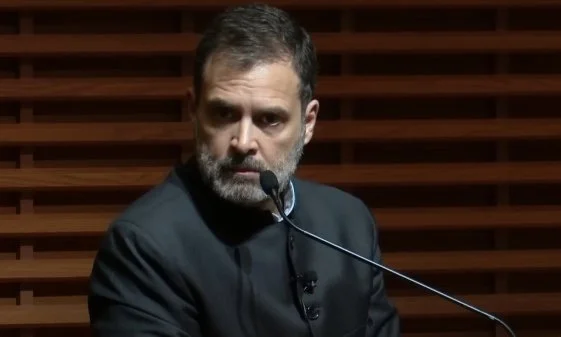

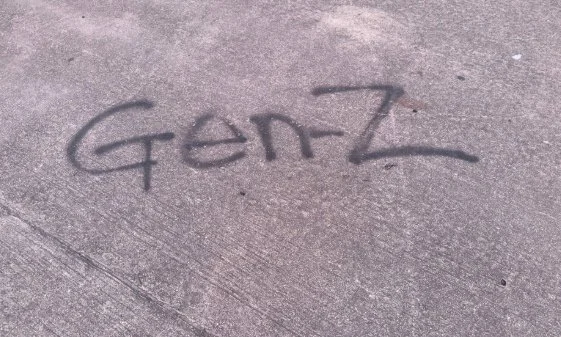
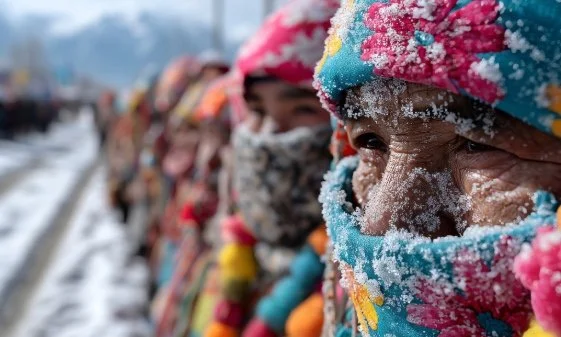

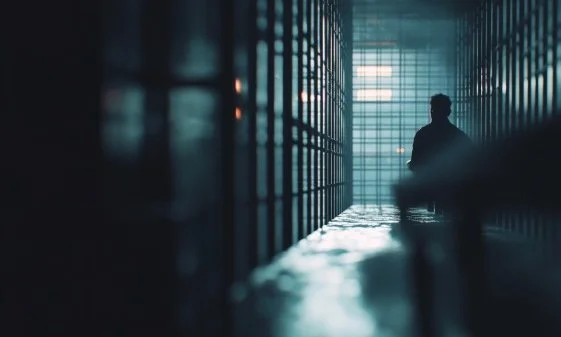
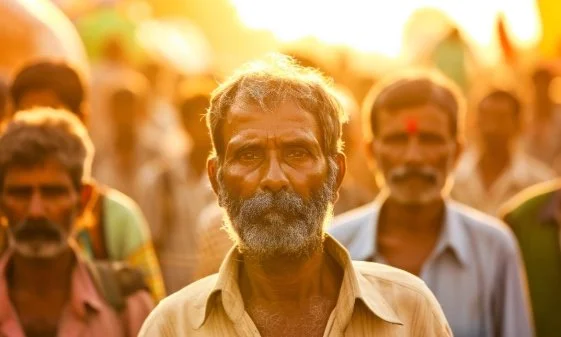

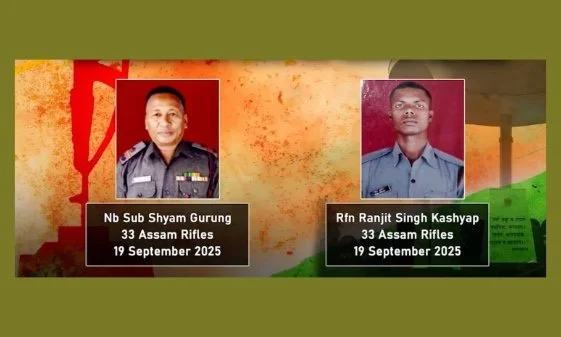
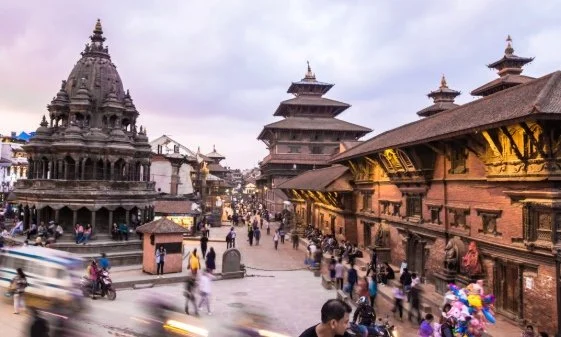

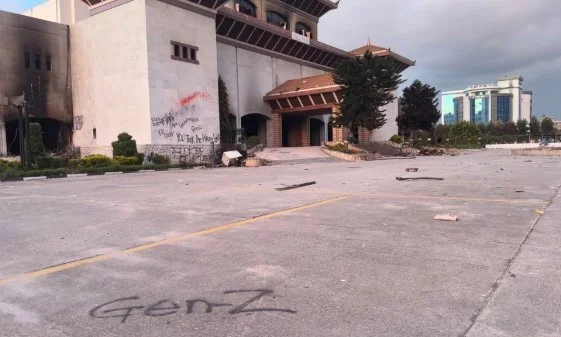
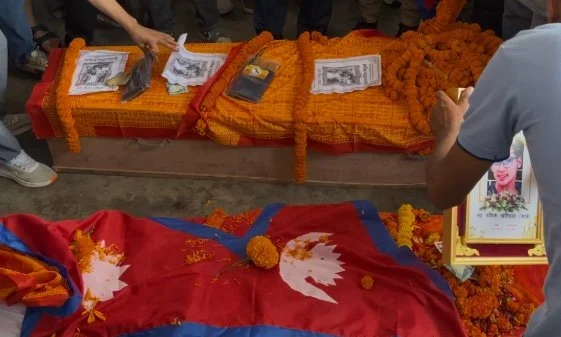
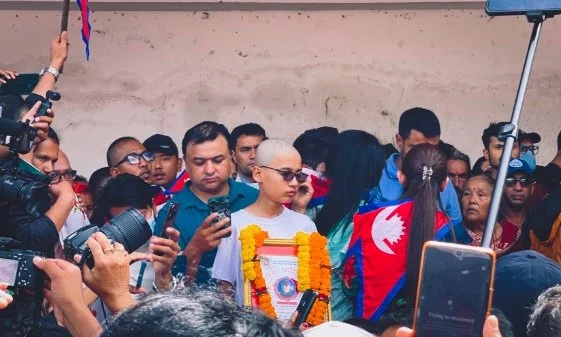
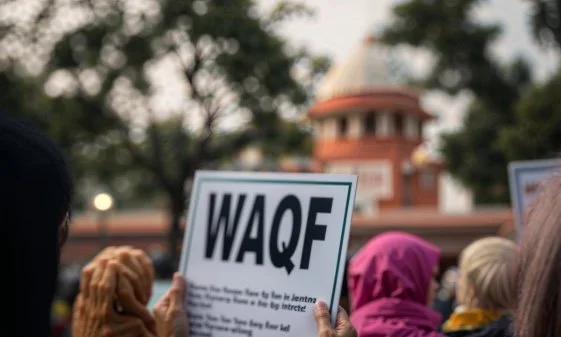
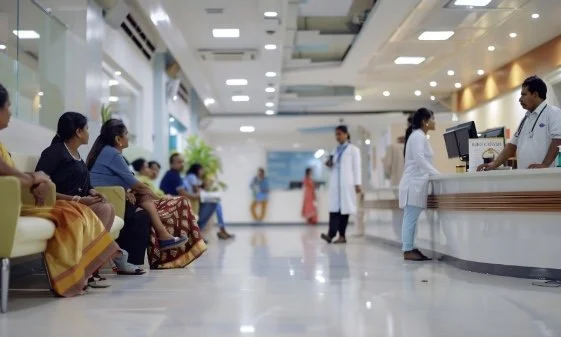
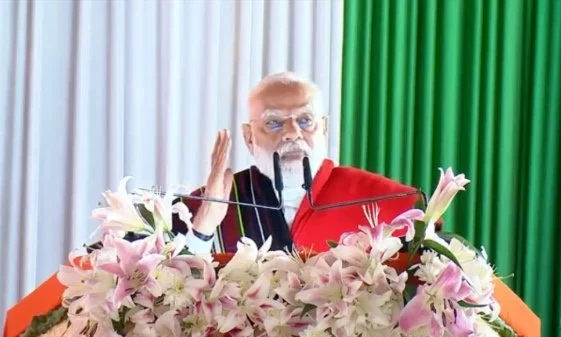
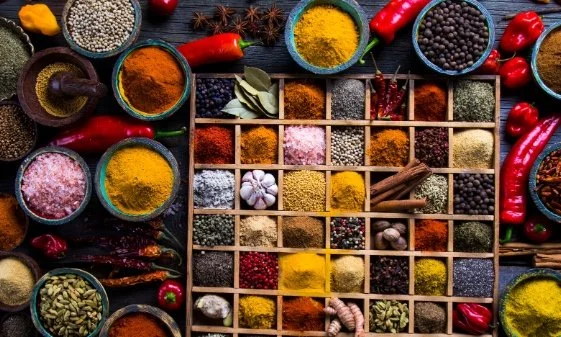
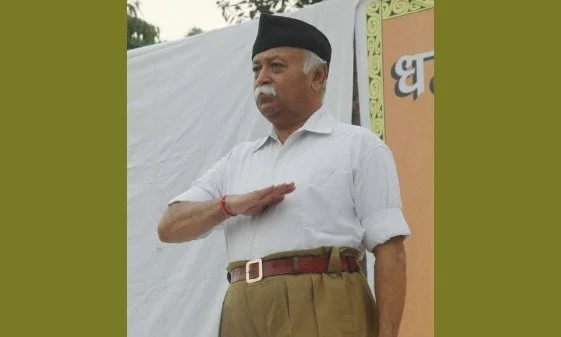
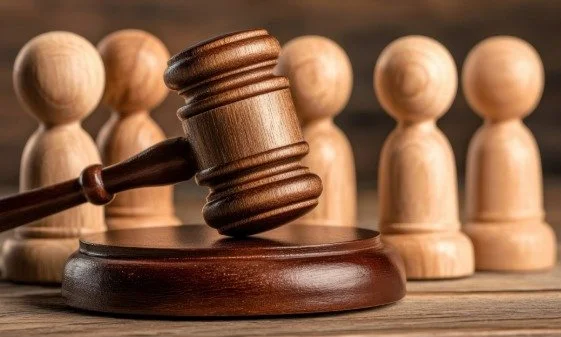
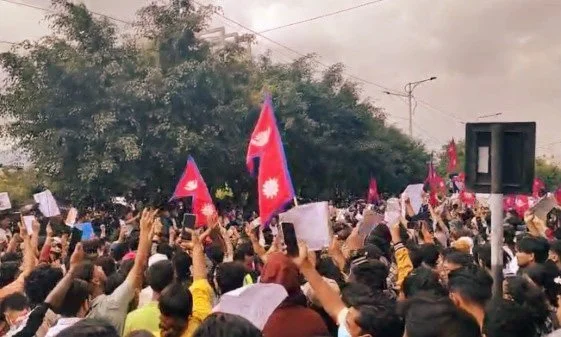
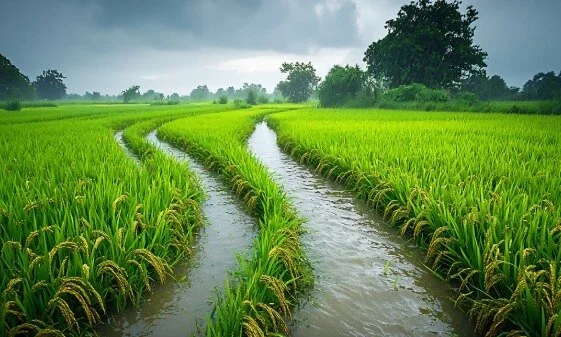
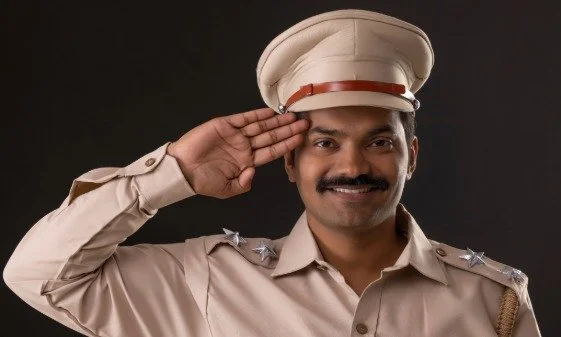

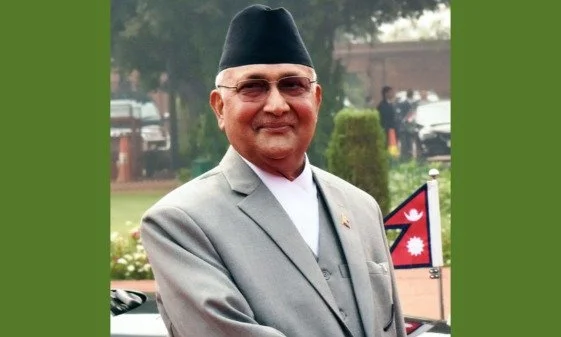
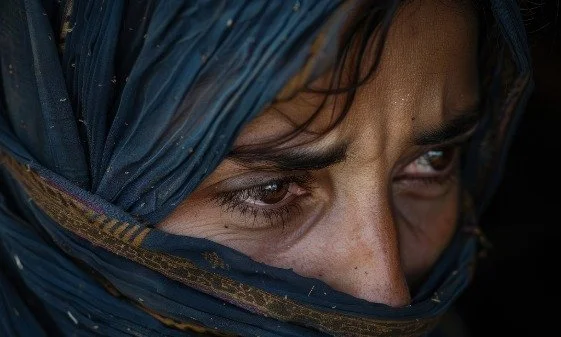
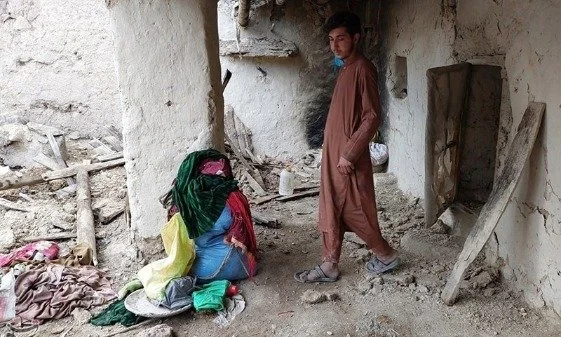
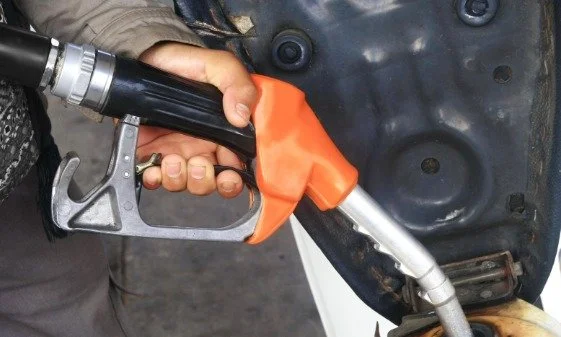
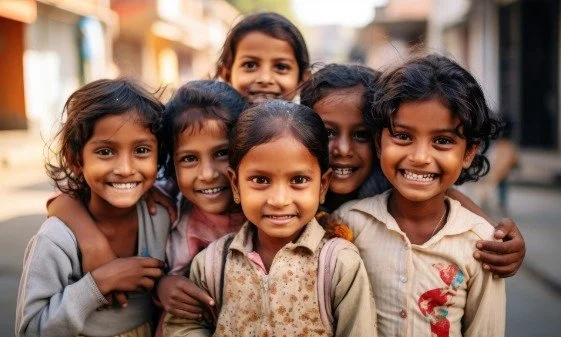
In parts of Mizoram, farmers are experiencing a surge in rodent numbers that is damaging their crops. Large groups of rats have been entering fields and eating rice, soybeans and other produce. Many of these farmers practise jhum cultivation, which means clearing forest patches and growing crops there for one or two seasons. Rats are entering these farms, eating produce before harvest, and causing heavy financial losses for families who depend on a single yearly crop for food and income.